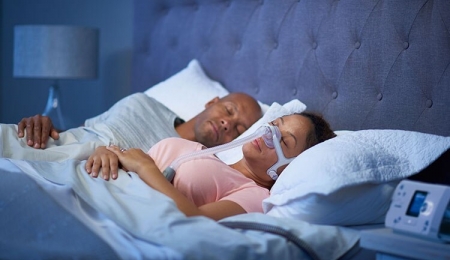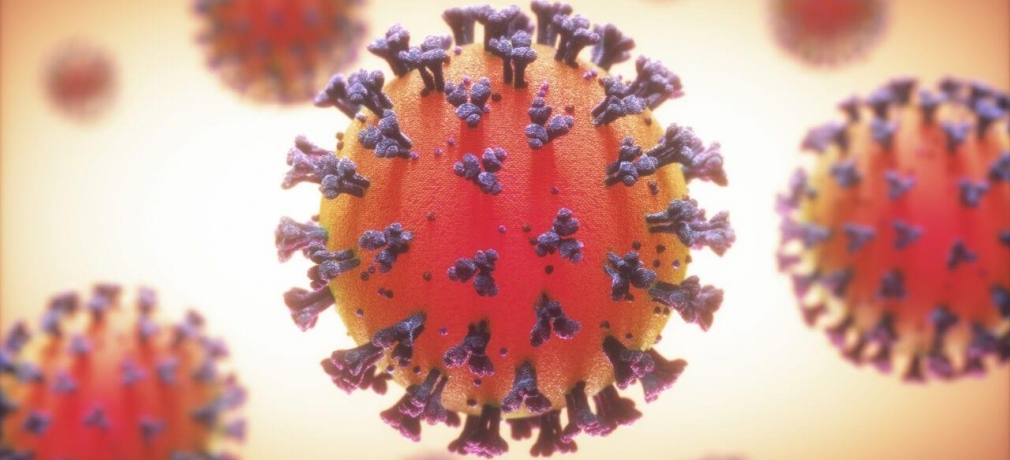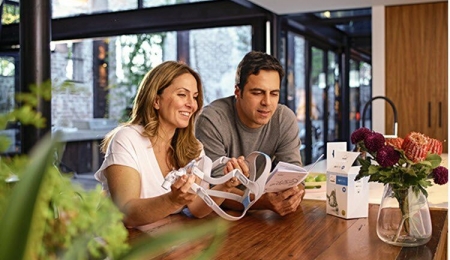

A recent Cleveland Clinic study found that people with certain sleep disorders that cause hypoxia, like sleep apnea, had more severe outcomes with COVID-19, including a 31% higher rate of hospitalization and mortality.
“This was a study that we undertook to better understand the relationship of sleep-disordered breathing and lowering of oxygen during sleep as it relates to COVID-19,” says Reena Mehra, MD, director of sleep disorders research for Cleveland Clinic, in a release.
Mehra says while those with sleep apnea, or those who experience lowered oxygen while sleeping, did have more severe outcomes with COVID-19, they were not at a higher risk for contracting the virus.
They also learned that it didn’t make a difference if people were using a CPAP machine prior to getting sick. They still experienced the same kind of severe outcomes.
Mehra says that could be due to inconsistent use of the CPAP machine or residual hypoxia. Hypoxia is the absence of oxygen in the body’s tissues.
“We also don’t know if treating the sleep apnea, which theoretically should address the hypoxia, we don’t know the degree to which it was addressing the hypoxia. So if there was some residual hypoxia there or oxygen lowering, then that may be contributing to poorer COVID-19 outcomes,” she says.
Mehra says they plan to continue looking further into the connection between sleep disorders and COVID-19, as well as how people’s sleep is impacted once they recover from the virus.
